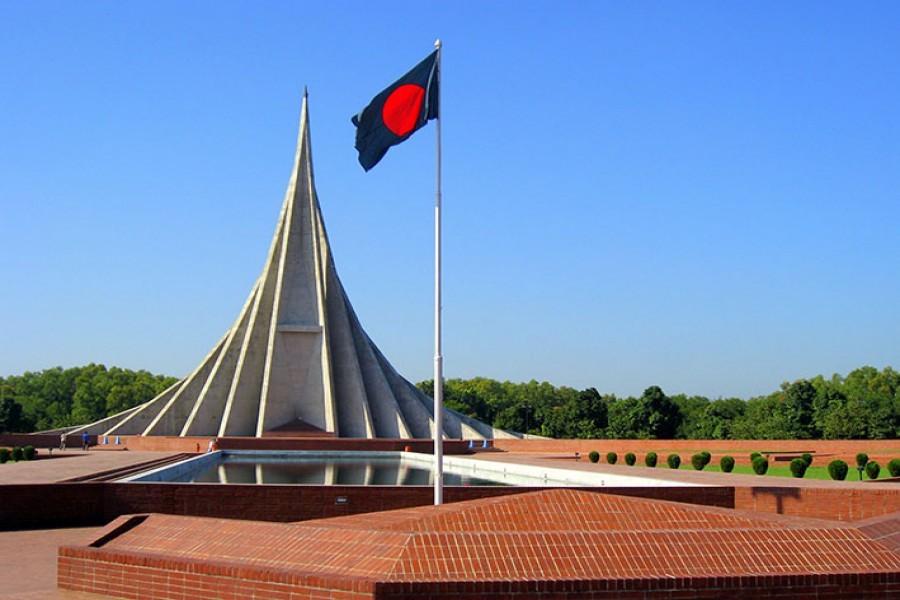History is important but complex and sometime controversial. Thus, studying the history requires critical view which is not easy to develop. Reading history books and history-linked literatures, written from different perspectives, is one of the ways to develop the critical view. Of course, all history books are not well written or authentic. There are intentional distortions, wrong information, biased presentations and partial explanations. That's why it becomes challenging for readers and enthusiasts to find the truths in any historical event.
Nevertheless, there is in no way to give up the effort to read and study history. Without studying or reading history, it is not possible for anyone to understand the present and form an idea about or guess the future. Understanding the present is easier than guessing the. Despite the difficulty, people try to predict the future course of events.
Not all communities, nations and countries put strong emphasis on history. Jewish have developed the tradition of studying history very rigorously and keep their historical records as meticulously as possible. That's why Jewish historians, over the centuries, have also devised various methods to explain the historical events and set some standards in this regard. Probably a few nations are a match to the Jews for studying history. Arabs did not put much effort in this regard and they used to depend on oral history thanks to their strong ability to memorise. They, however, developed their own way of studying history once Islam had instilled in them a zeal and aspiration to become a new people with a new civilisation shedding off nomadic characters. Ibn Khaldun, originating from Tunisa, has emerged as a pioneer on philosophy of history.
The Bangalees are generally apathetic to studying history although some Bangalee historians have done several exemplary works. Rakhaldas Bandyopadhyay, Sir Jadunath Sarkar, Ramesh Chandra Majumdar and A F Salahuddin Ahmed are a few names who stand out.
Bangladesh's emergence as an independent and free country on December 16 in 1971, after a nine-month-long bloody war, has sparked a new interest among many in delving deep into the history of Bengal. But an objective study of the history of independence has faced various obstacles in the last 50 years. Anti-liberation forces distorted the history of freedom struggle. Political rivalries cast shadow on writing and discussing the history of independence objectively. Inadequate support for research and study of the liberation war also handicapped the necessary exercise in this connection. Defying all these odds, some good works have been published. A 15-volume series of records and documents on the Liberation War of Bangladesh is one such work of epical proportion.
In the beginning of the last decade the incumbent government has started to emphasise clearing the dusts on the history of Bangladesh. Sponsorship by the state to promote authentic and comprehensive history of the freedom struggle and liberation war brings a positive outcome. Historians and scholars at home and abroad have produced a number of books to shed lights on 1971.
A critical examination of the history of Bangladesh is, however, still challenging. It appears that society and the country are yet to be prepared to view and examine the different historical events from different perspectives. Without promoting critical observations and analyses from different angles, there will be no thorough study of the history. As the nation is celebrating the 50 years of independence, it is time to get ready for providing sufficient space for an incisively critical scrutiny of the history backed up by reinterpretation and recalibration with facts.


